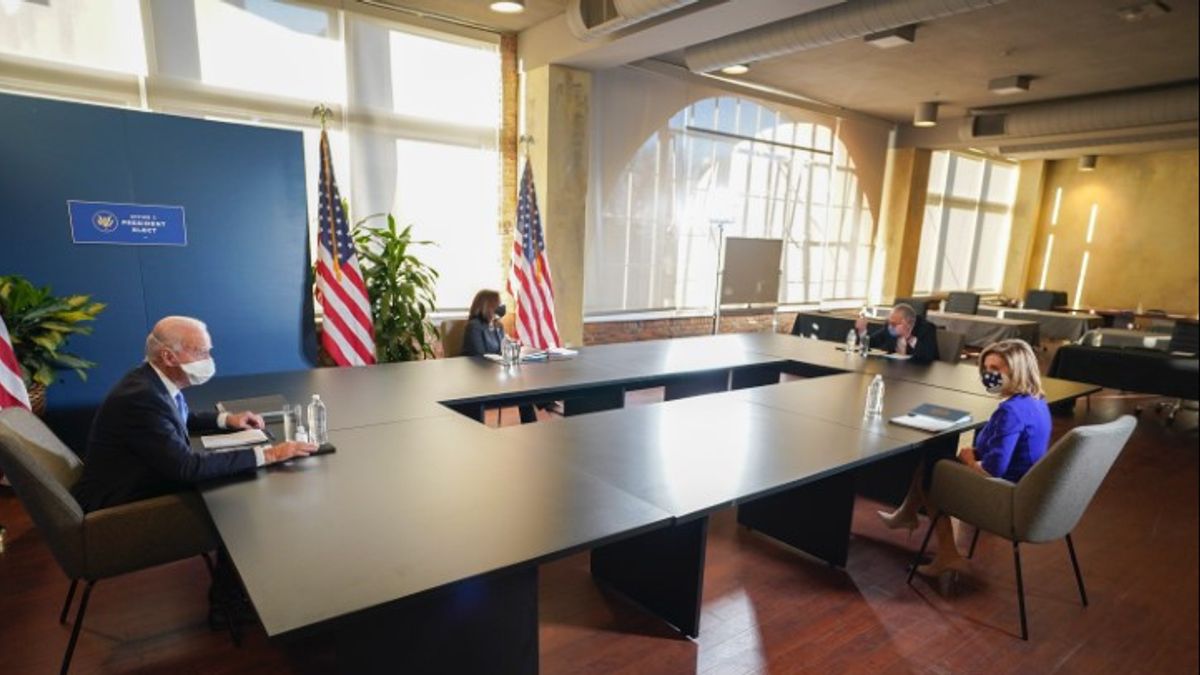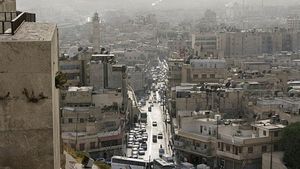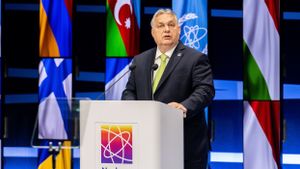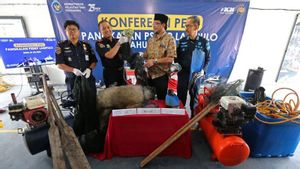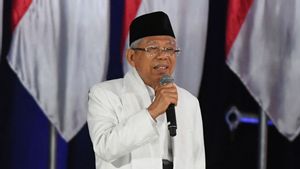JAKARTA - The United States Food and Drug Administration (FDA) on Friday, December 11 permitted the use of Pfizer Inc's COVID-19 vaccine and the first injection of the vaccine is expected to take place in the coming days.
The developments marked a turning point in the country, which has been racked by the coronavirus pandemic, where 292,000 people have died from the disease, reported Antara on Saturday, December 12.
The FDA authorized emergency use for the vaccine, developed with German partner BioNTech, which based on end-stage trials proved to be 95 percent effective in preventing the disease.
The FDA says the vaccine can be given to people aged 16 and over. Health care workers and the elderly in nursing homes are planned to be the main beneficiaries in the first phase of the 2.9 million doses supply.
The US government has said it will start distributing the vaccine across the country immediately after FDA authorization, and the first injections will be made early next week.
Millions of Americans could start vaccinating in December, especially if a second vaccine from Moderna Inc is approved quickly.
The Pfizer / BioNTech vaccine was first approved in the UK in early December and UK residents started receiving injections on Tuesday, 8 December. Canada is also legalizing the vaccine and hopes to be able to do the vaccinations next week.
Mexico and Bahrain have also approved the vaccine.
The clearance from the FDA was issued at a time when infections, hospitalizations and deaths spiked to record levels in the US, failing to increase coordinated efforts to slow the spread of the virus.
Earlier this week, total one-day deaths from COVID-19 reached 3,000, while hospital intensive care units across the country were close to reaching capacity. It is seen as threatening the health care system, which is already overwhelmed.
Other companies whose vaccines are in further development include Moderna - which may get an emergency use permit in the US soon next week, AstraZeneca Plc with the University of Oxford, and Johnson & Johnson.
BioNTech began developing a vaccine in January 2020 using a technology called RNA, a synthetic messenger (mRNA) that has not yet produced an approved product.
The technology uses chemical messengers to instruct cells to make proteins to mimic parts of the new coronavirus, which the immune system studies as attackers. BioNTech reached a development agreement with Pfizer in March.
The vaccine comes with complex distribution challenges as it must be shipped and stored at -70 Celsius (-94 F), requiring a special ultra-cold refrigerator or dry ice supply.
The Moderna vaccine uses the same technology but does not need to be stored at sub-arctic temperatures.
Pfizer has developed special shipping containers that will be filled with dry ice to prevent the vaccine from spoiling. Many states are concerned about whether enough dry ice is available for delivery to rural areas that do not have dedicated refrigerators, but Pfizer believes there should be sufficient supplies.
US efforts to get a vaccine have been a central response to the pandemic from the Trump administration, which has largely left states fending off on their own.
The English, Chinese, Japanese, Arabic, and French versions are automatically generated by the AI. So there may still be inaccuracies in translating, please always see Indonesian as our main language. (system supported by DigitalSiber.id)
